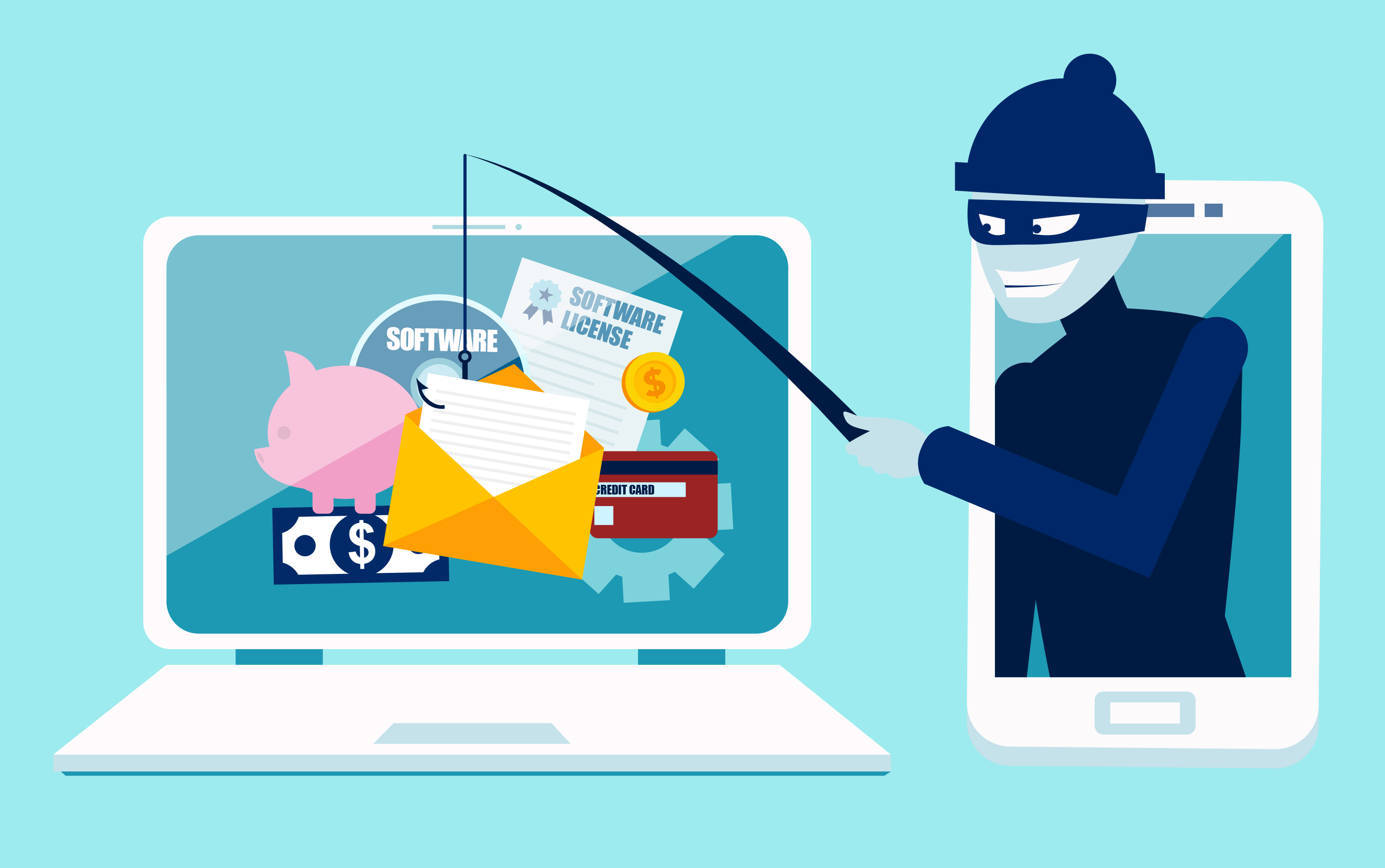While working from home can feel safe and familiar, maintaining cybersecurity practices is just as important outside the office as it is in the office. It’s easy to overlook security measures in a relaxed home setting, but cybercriminals are aware of this and may try to exploit vulnerabilities to access information.
Here are some key items to communicate to employees to help them keep information secure at home:
Secure Sensitive Data
- Organize the Workspace. A well-arranged workspace reduces the risk of losing important documents and gives employees a designated place to store sensitive information when not being actively used.
- Follow Screenshot Policies. Create company guidelines for allowing screenshots. These guidelines should ensure any sensitive information or personally identifiable information (PII) is redacted before sharing.
- Use Caution on Social Media. Policies should prohibit sharing details about work on social media platforms. Even seemingly harmless information could pose a risk.
Strengthen Device Security
- Use Strong Passwords. Devices should be secured with robust passwords or passcodes. This is necessary in case a device is lost or misplaced, preventing unauthorized access.
- Avoid Reusing Passwords. Each account should have a unique password. If remembering multiple passwords is challenging, consider requiring the use of a password manager to securely store and manage them.
- Update Wi-Fi Password. Default Wi-Fi passwords can be easy targets. Encourage employees to change home Wi-Fi passwords to something unique to improve network security.
Use Proper Equipment
- Follow Company Policy on Equipment Use. Stick to company-provided devices if possible, as they often have built-in security features.
- Separate Work and Personal Profiles. If using a personal device for work is permitted, employees should create a dedicated work profile to keep personal and professional information separate.
- Only Install Approved Software. Downloading unnecessary apps or software could introduce security risks. IT departments must approve software downloads.
By following these practices, employers can create a safer work environment for at home workers and help protect company data.
Benefit Allocation Systems (BAS) provides best-in-class, online solutions for: Employee Benefits Enrollment; COBRA; Flexible Spending Accounts (FSAs); Health Reimbursement Accounts (HRAs); Leave of Absence Premium Billing (LOA); Affordable Care Act Record Keeping, Compliance & IRS Reporting (ACA); Group Insurance Premium Billing; Property & Casualty Premium Billing; and Payroll Integration.
MyEnroll360 can Integrate with any insurance carrier for enrollment eligibility management (e.g., Blue Cross, Blue Shield, Aetna, United Health Care, Kaiser, CIGNA and many others), and integrate with any payroll system for enrollment deduction management (e.g., Workday, ADP, Paylocity, PayCor, UKG, and many others).









